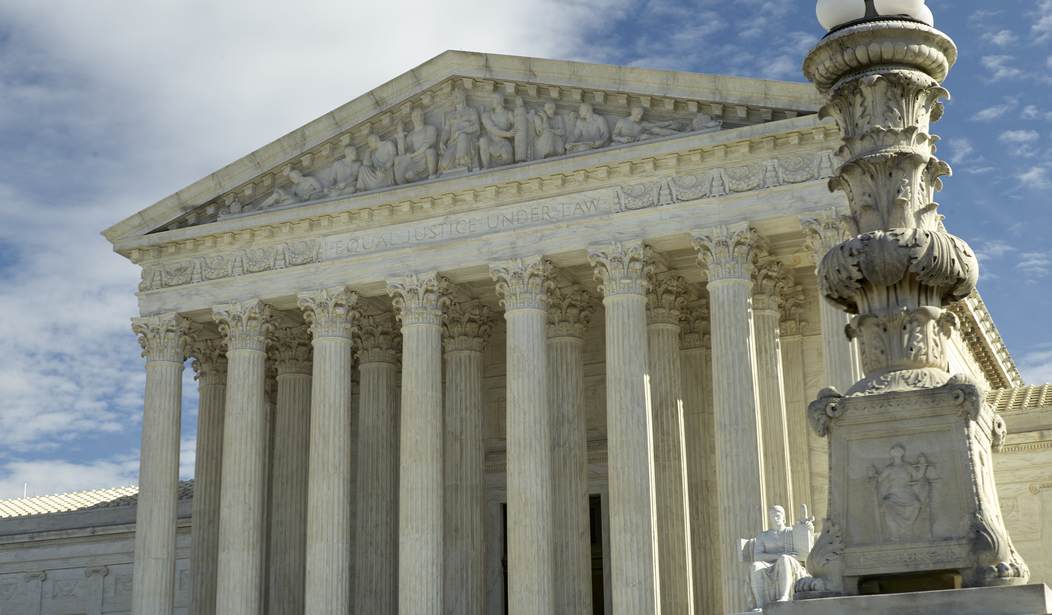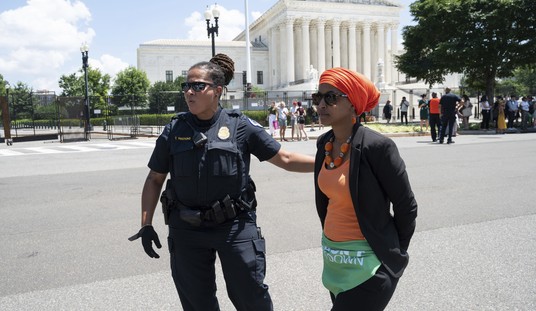This week, the United States Supreme Court issued an 8-1 opinion in Uzuegbunam v. Preczewski — a significant win for constitutional liberty. The opinion, authored by Justice Thomas, stated that nominal damages, or damages amounting to a single dollar, are enough to prove standing for a federal court to hear their case.
Uzuegbunam is an important victory for individual rights in the United States, but it is especially beneficial for public interest legal organizations like the Freedom Foundation whose job it is to fight for Americans’ constitutional liberties in court.
The government can’t violate your rights then turn around and say you can’t sue it because you’ve suffered no monetary damages, because the injury stopped or because you no longer work for it or attend its schools.
In many Freedom Foundation cases, for example, unions attempt to “moot” lawsuits against themselves by eventually granting a disgruntled member his or her release, or by paying back dues that were illegally collected.
Thereafter, the worker has to prove how they still have a redressable claim. Many courts accept this logic to avoid hearing claims on the merits of the case.
Uzuegbunam provides the Freedom Foundation, and countless other organizations, with an avenue to make the government admit it violated someone’s constitutional rights, even if it is through the payment of one dollar.
The case itself concerned Chike Uzuegbunam, a college student at Georgia Gwinnett College, who wanted to share his Christian faith with his fellow students only to be stopped by campus police who said he needed a permit to distribute religious materials outside of two dedicated campus zones.
Even after he obtained the permit, Uzuegbunam was once more silenced by campus police because it led to complaints. Again, Uzuegbunam complied.
But he sued the college, claiming its policies violated his First Amendment rights.
The lower court told Uzuegbunam the violation of his constitutional rights didn’t matter because he couldn’t prove he suffered any monetary damages. The college also quickly decided to change its speech-zone policy rather than defend it against Uzuegbunam’s claims.
As a result of the policy change, in combination with the lack of monetary damages, lower courts ruled that Uzuegbunam had no case. The college tried to wash its hands of the issue and get away with violating his constitutional liberties.
But Justice Thomas, writing for the majority, concluded that nominal damages are sufficient for a court to remedy the violation of Uzuegbunam’s constitutional rights. Relying in large part on history, Thomas cited the fact that nominal damages historically could provide prospective relief.
He noted that, although common law courts initially required proof of actual monetary damages, later courts reasoned that every legal injury necessarily causes damage in one form or another, and this approach was adopted both before and after the ratification of the Constitution.
According to the ruling, it’s undisputed that Uzuegbunam experienced a violation of his constitutional rights — irrespective of whether it caused him economic harm — when Georgia Gwinnet enforced its speech policies against him by silencing his voice and his beliefs.
Chief Justice Roberts was the only dissenter. He resisted the court’s championing of Uzuegbunam’s First Amendment right because he feared that the reasoning would reduce the role of judges to mere “advice columnists.”
He sees the decision as a risk of a major expansion of the judicial role. In his mind, courts should only review the legality of policies and actions after someone has proven they actually have a real injury that needs remedying.
Roberts’ rationale focuses more on the impact on judges than the question of preserving constitutional liberties when they’re violated by the government.
Uzuegbunam is a game-changer for public interest legal organizations all across the country. Successfully demonstrating standing is one of the primary challenges these organizations face, which results in countless constitutional arguments left unheard on the merits.
Constitutional liberties are priceless. When the government violates a person’s rights, it should be held accountable for its actions, no matter how large, small or beyond calculation they may be.
There is no price tag on the First Amendment.
The court’s opinion in Uzuegbunam v. Preczewski reaffirms what the Freedom Foundation and so many other organizations already know: People suffer in more than just economic ways when the government violates their rights, and now they will no longer be able to get away with it.
Glynis Gilio is a legal fellow at the Freedom Foundation, a national nonprofit with the mission to advance individual liberty, free enterprise, and limited, accountable government.














Join the conversation as a VIP Member